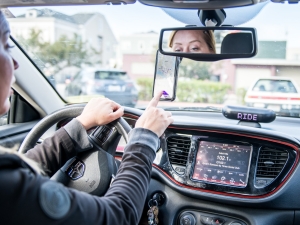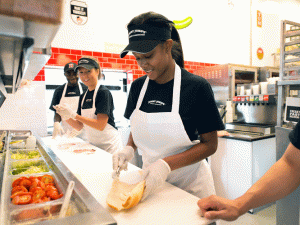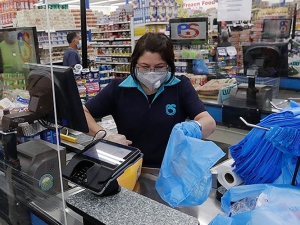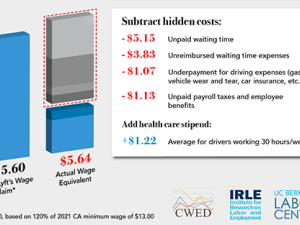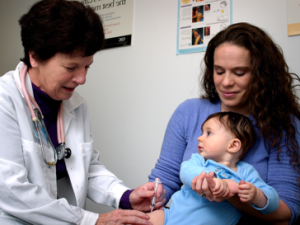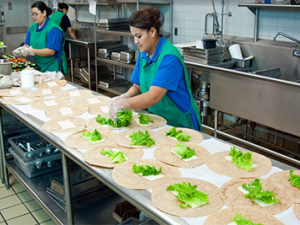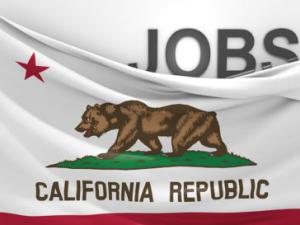

Research Bio
Michael Reich is Professor Emeritus of Economics and Chair of the Center on Wage and Employment Dynamics at the Institute for Research on Labor and Employment (IRLE) of the University of California at Berkeley. He served as Director of IRLE from 2004 to 2015. Reich received his Ph.D. in Economics from Harvard. His research publications cover numerous areas of labor economics and political economy, including the economics of racial inequality, the analysis of labor market segmentation, historical stages in U.S. labor markets and social structures of accumulation, high performance workplaces, union-management cooperation, Japanese labor-management systems, living wages and minimum wages.
Research Expertise and Interest
minimum wage, living wages, labor market segmentation, low wage labor markets
In the News
Gig Passenger and Delivery Driver Pay in Five Metro Areas
Even in Small Businesses, Minimum Wage Hikes Don’t Cause Job Losses
A $15 minimum wage would cost jobs, right? Probably not, economists say
The Uber/Lyft Ballot Initiative Guarantees only $5.64 an Hour
Research initiative launched on health in working families
Minimum wage hikes in six cities: big impact on pay, none on jobs
Research zeroing in on Fresno, shows $15 California minimum wage has big impact on pay, none on jobs
Minimum wage hikes don’t eliminate jobs, study finds
Increasing the minimum wage does not lead to the short- or long-term loss of low paying jobs, according to a new study co-authored by UC Berkeley economics professor Michael Reich and published in the November issue of the journal The Review of Economics and Statistics.
IRLE's conference on "New Deal/No Deal?"
In the midst of forecasts of continuing economic woes and congressional gridlock, experts gathered recently at UC Berkeley to assess what worked and what didn’t during the Great Depression-inspired New Deal, the Obama administration’s still emerging efforts to ease the Great Recession, and prospects for relief, reform and recovery.

